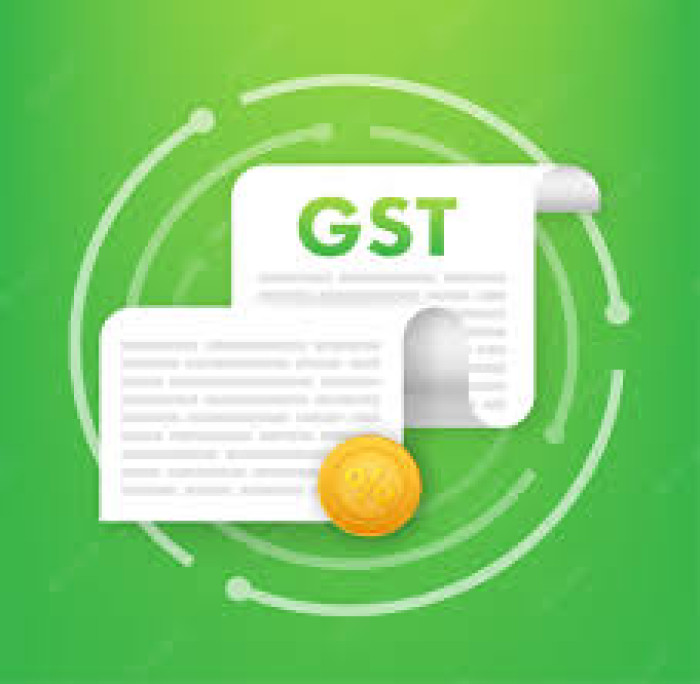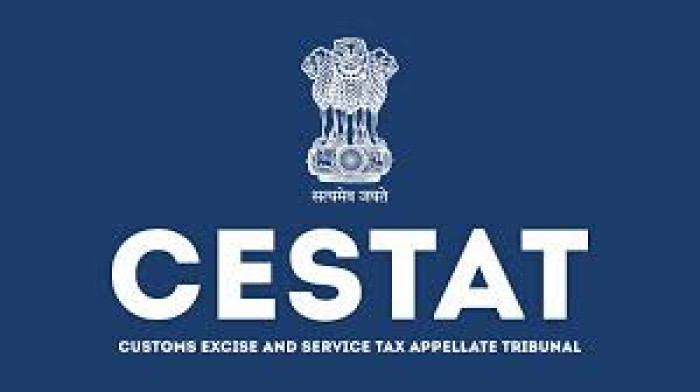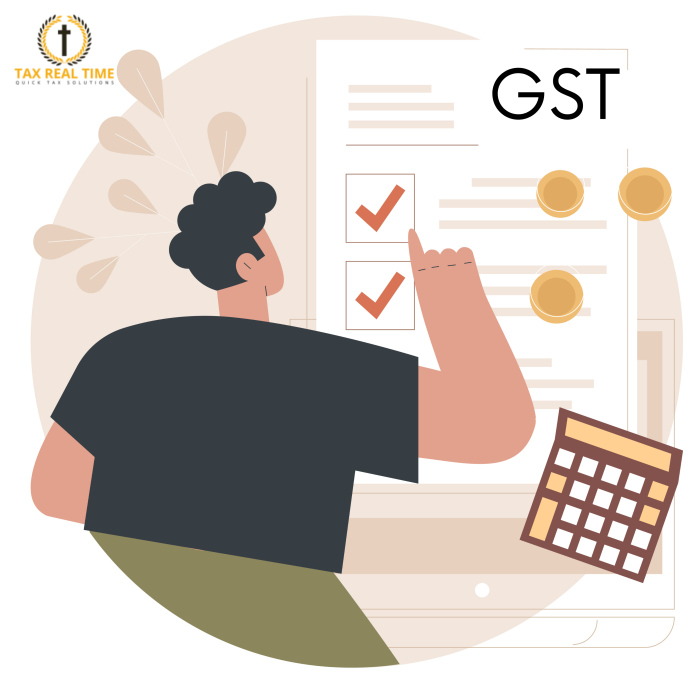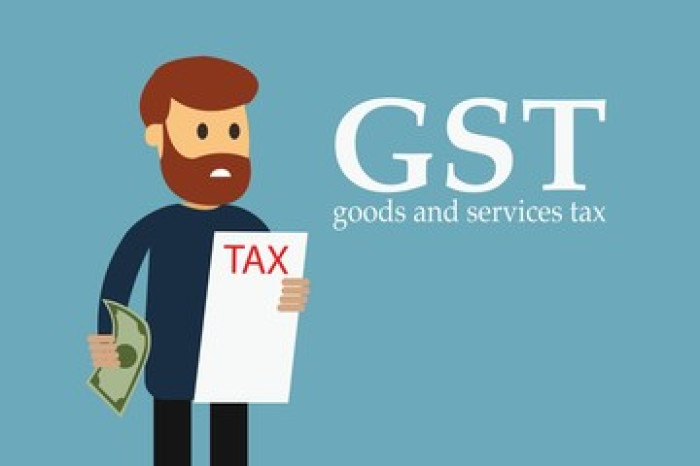Excise – Cestat Kolkata: Although the appellant paid differential duty later on, but same was available as Cenvat Credit to their sister unit is a revenue neutral situation, if appellant would have not paid differential duty that was not payable – Appeal allowed [Order attached]


Your free trial / membership plan is expired.
Kindly subscribe to get complete access to indirect tax updates and issue wise cases
Why subscribe to us ?
Get complete access to news updates and download copy of case laws/ notification/ circular etc.
Be a part of our WhatsApp group and read real time indirect tax updates
Access to ready case laws of General Issues and Industry Wide Issues under GST
Access to relevant provisions of law / circular in respect to the issues, along with trail of their amendments
Write your GST query to us for evaluation
Subscription Charges:*
Indirect tax updates -
6 months @299 / 1 Year @499 only
Indirect tax updates + Issue wise cases -
6 months @1199 / 1 Year @1999 only
*Plus applicable GST
Admin
26-Jun-2023 23:24:04
Order Date – 22 June 2023
Parties: M/s. Jai Balaji Industries Limited Vs Commissioner of Central Excise, Bolpur
Facts –
- The Appellant, M/s. Jai Balaji Industries Limited, have 5 different units. All the units of the Appellant sell their finished goods to independent buyers at factory gate and also stock transfer to their sister units.
- They were paying duty as per Section 4(1)(a) of the Central Excise Act, 1944 in respect of sales of independent buyers and as per Rule 4 of Central Excise Valuation Rules, 2000 in respect of finished goods which were transferred to their other units.
- They adopted a different system of valuation in respect of stock transfer which resulted in paying additional duty. The appellant paid the additional duty but no interest was paid.
- Show cause notices were issued observing that in all the cases where either supplementary invoices has been issued or payment of duty has been paid with a delay on their stock transfers, the appellant is liable to pay interest on the said differential duty for the intervening period.
Issue –
- Whether the appellant was liable to pay duty or not?
Order –
- The Tribunal observed that appellant is not liable to pay duty in terms of Rule 8 of Central Excise Valuation Rules, 2000. similar issue was examined by the Hon’ble Gujarat High Court in the case of CCE & C, Vadodara-II v. Gujarat Narmada Fertilizers Co.Ltd. [2012 (285) ELT 336 (Guj.)].
- As the appellant was not liable to pay duty in terms of Rule 8 of Central Excise Valuation Rules, 2000, therefore, no interest is payable by the appellant in view of the above decision of the Hon’ble High Court.
- the Hon’ble Gujarat High Court in the case of CCE & C, Vadodara-II v. Indeos Abs Ltd. [2010 (254) ELT 628 (Guj.)], held that in case the goods were cleared to their own sister concern, which is availing benefit of the Modvat Credit, hence the entire exercise is revenue neutral.
- Although the appellant paid differential duty later on, but same was available as Cenvat Credit to their sister unit is a revenue neutral situation, if appellant would have not paid differential duty that was not payable in terms of the above cited decisions. Therefore, as duty was not payable, the payment of interest does not arise in the case of revenue neutral situation.
- Therefore, it was held that it is the revenue neutral situation, no duty is payable by the appellant therefore whatever duty paid by the appellant Cenvat credit of the same has been availed by the sister unit, question of payment of interest does not arise.
Related Post
Post Category
Your free trial/ membership plan has expired. Kindly subscribe to get complete access of tax news updates.

Why subscribe to us ?
Get complete access to news updates
Access to the Order Copy of the case law/ Notification/ Circular etc
Be a part of our Whatsapp group and read real time tax updates
Access to ready case laws/ circulars on general and industry-wide issues under GST
Submit your GST issues to us for evaluation




















